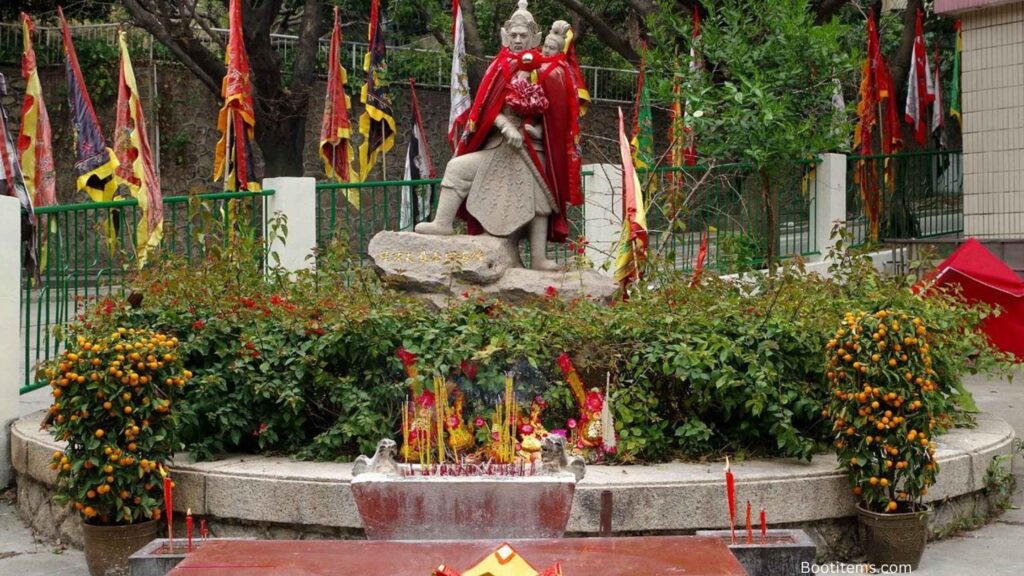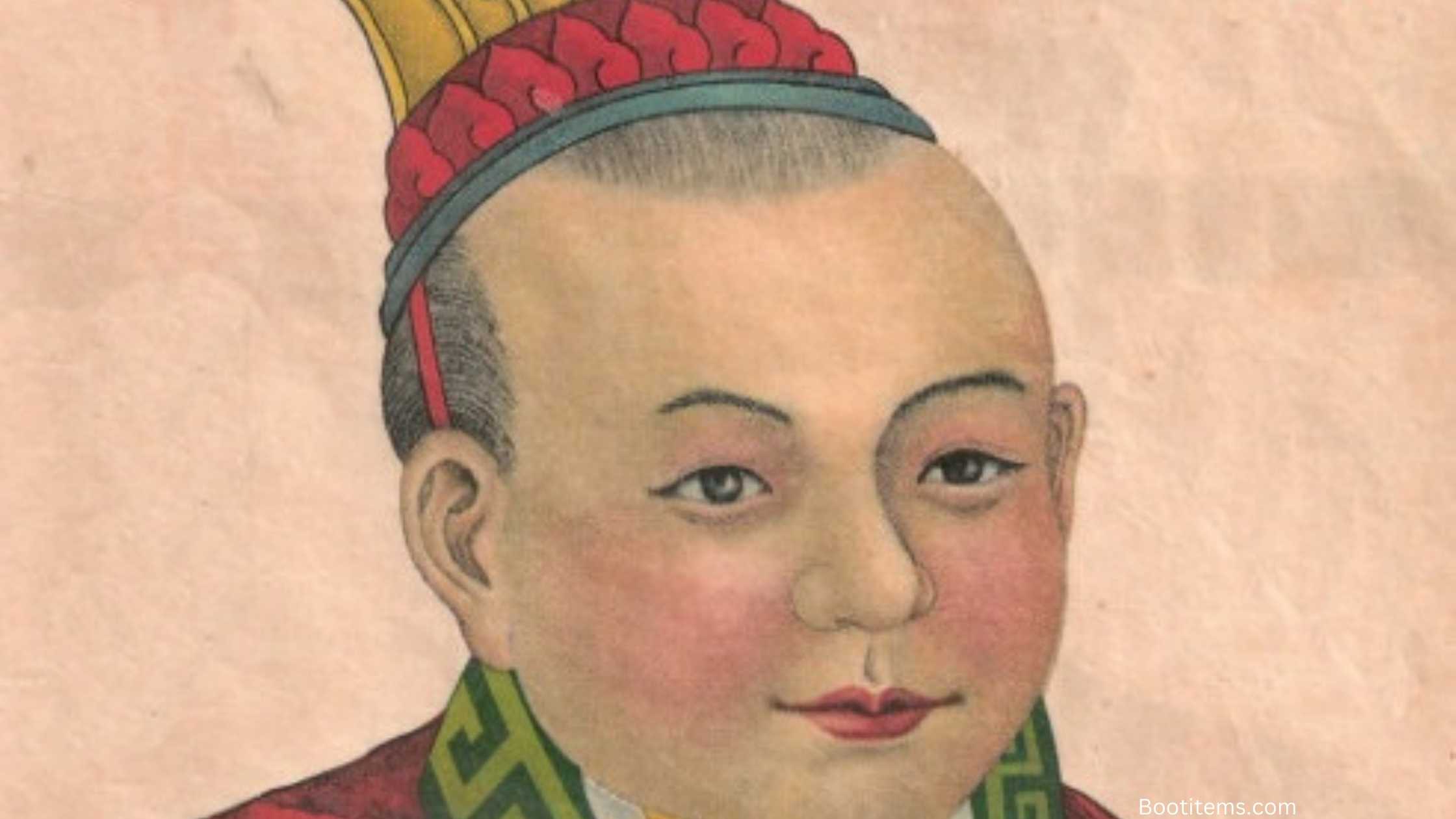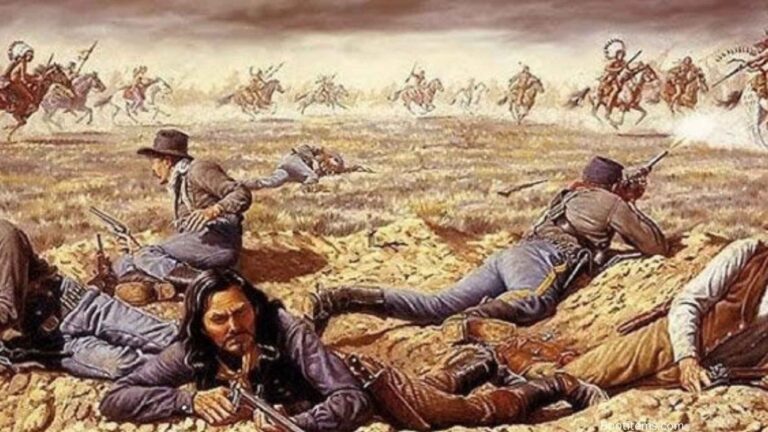Zhao Bing: The Final Song Emperor’s Legacy and Impact
The historical narrative of Zhao Bing represents one of the most poignant chapters in Chinese imperial history, embodying the culmination of the Song Dynasty’s struggle against Mongol invasion and the transformation of medieval China’s political landscape.
Early Life and Royal Heritage
Born into the tumultuous final years of the Southern Song Dynasty, Zhao Bing entered the world on February 12, 1272, during a period of unprecedented crisis. As the youngest son of Emperor Duzong, his early childhood was marked by the growing threat of Mongol expansion and internal court tensions.
The imperial palace in Lin’an, with its magnificent gardens and scholarly traditions, provided the backdrop for his earliest years, though this period of relative peace would prove devastatingly brief.
The Path to Power
The circumstances leading to Zhao Bing’s ascension were marked by a series of tragic events that decimated the Song royal family. When the Mongol forces captured the Song capital of Lin’an in 1276, the imperial court faced a critical decision. While his elder brother Emperor Gong chose surrender, Zhao Bing, along with his other brother Zhao Shi (later Emperor Duanzong), embarked on a perilous journey southward under the protection of loyal officials.
The Great Exodus
The flight from Lin’an represented more than mere physical displacement; it symbolized the desperate attempt to preserve Song sovereignty. The imperial entourage, comprising thousands of officials, soldiers, and civilians, navigated treacherous waters and hostile territories, establishing temporary capitals in various southern locations.
Political Restructuring
During this period of crisis, the Song court implemented several administrative reforms:
- Establishment of mobile governmental institutions
- Reorganization of military commands
- Creation of emergency financial measures
- Development of new diplomatic initiatives with neighboring states
Imperial Reign
Zhao Bing’s ascension to the throne in 1278 occurred under extraordinary circumstances. At merely six years old, he became Emperor Bing of Song, the dynasty’s last hope against Mongol domination. His brief reign of 313 days was characterized by:
Administrative Developments
- Implementation of emergency military reforms
- Establishment of new administrative centers
- Creation of specialized defensive positions
- Development of maritime defense strategies
Cultural Initiatives
- Preservation of Song scholarly traditions
- Continuation of imperial ceremonial practices
- Support for traditional arts and literature
- Maintenance of court ritual and protocol
Military Campaigns and Strategic Defense
The military situation during Zhao Bing’s reign was marked by increasingly desperate attempts to resist Mongol advancement. The Song forces, though diminished, demonstrated remarkable resilience through:
Naval Operations
- Fortification of coastal defenses
- Development of specialized naval tactics
- Implementation of maritime supply routes
- Creation of mobile naval bases
Land-Based Defense
- Construction of temporary fortifications
- Organization of guerrilla resistance
- Establishment of supply networks
- Development of communication systems
The Battle of Yamen
The final confrontation at Yamen in 1279 represented the culmination of decades of conflict between the Song and Yuan forces. This battle, which would determine the fate of southern China, demonstrated both the tactical brilliance and ultimate limitations of Song military capability.
Strategic Elements
- Deployment of remaining naval forces
- Utilization of geographic advantages
- Implementation of defensive formations
- Coordination of land and sea operations
Battle Progression
- Initial Song defensive success
- Gradual Mongol encirclement
- Breaking of defensive lines
- Final stand of loyal forces
Cultural and Historical Impact
The legacy of Zhao Bing extends far beyond his brief reign, influencing Chinese culture, literature, and historical memory in profound ways:
Literary Heritage
- Development of historical narratives
- Creation of poetic tributes
- Emergence of theatrical presentations
- Preservation of imperial documents
Archaeological Evidence
- Discovery of imperial artifacts
- Preservation of battle sites
- Location of temporary capitals
- Identification of defensive structures

Historical Significance
The reign of Zhao Bing marked several significant historical developments:
Political Evolution
- Transformation of imperial authority
- Development of resistance strategies
- Evolution of administrative systems
- Adaptation of governmental structures
Cultural Transformation
- Integration of northern and southern traditions
- Preservation of Song cultural elements
- Development of new artistic expressions
- Continuation of scholarly practices
Modern Interpretations
Contemporary understanding of Zhao Bing’s reign continues to evolve through:
Academic Research
- Archaeological discoveries
- Historical document analysis
- Cultural impact studies
- Military strategy evaluation
Popular Culture
- Literary adaptations
- Theatrical presentations
- Educational programs
- Memorial ceremonies
People Also Ask
- What were the major achievements during Zhao Bing’s reign?
The major achievements included maintaining governmental continuity, organizing effective resistance against Mongol forces, and preserving Song cultural traditions during a period of crisis. - How did Zhao Bing’s age affect his reign?
His youth necessitated strong reliance on capable ministers and advisors, leading to a unique form of collaborative governance during the final days of the Song Dynasty. - What role did the navy play in Zhao Bing’s defense strategy?
The Song navy served as the primary defensive force, protecting the mobile court and maintaining supply lines during the southern resistance. - How did the Mongol invasion strategy evolve during this period?
Mongol forces adapted their traditional land-based tactics to include naval warfare and siege operations specifically designed to counter Song defensive measures. - What cultural elements survived from Zhao Bing’s era?
Numerous artistic, literary, and administrative traditions continued, influencing subsequent dynasties and modern Chinese culture. - How did the Battle of Yamen change Chinese history?
The battle marked the end of the Song Dynasty and completed the Mongol conquest of China, leading to the establishment of the Yuan Dynasty. - What diplomatic efforts were made during Zhao Bing’s reign?
The court attempted to establish alliances with neighboring states and maintain diplomatic relations with potential supporters. - How did the Song military adapt during the final years?
The military developed innovative naval tactics, guerrilla warfare strategies, and defensive formations to combat Mongol advances. - What role did loyal officials play in protecting the emperor?
Officials maintained governmental functions, organized defense strategies, and ultimately sacrificed their lives to protect the emperor and Song sovereignty. - How is Zhao Bing remembered in modern China?
He is remembered as a symbol of resistance, cultural preservation, and the endurance of Chinese civilization in the face of foreign invasion.

Samantha Yates is a creative writer and journalist with expertise in content creation and editing. She holds an MA in Creative Writing and brings professional experience from Lionbridge, where she developed engaging content for leading technology companies







